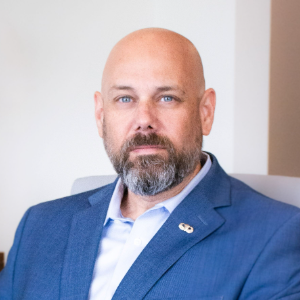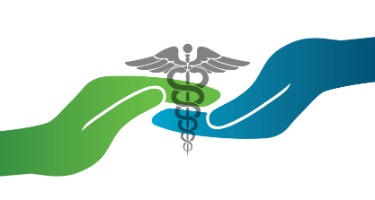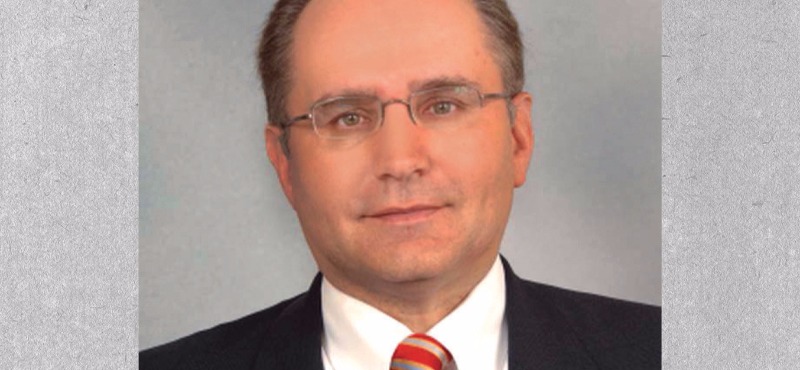The decision as to whether one should begin receiving hospice benefits is often an emotionally draining and difficult decision, not only for the person needing hospice care, but also for their family. It is sadly the realization that one’s life may soon be ending and that the attempts of curing the person’s illness have been unsuccessful.
Hospice is a program of care for people who are terminally ill and have been diagnosed with a life expectancy of six months or less. The focus of the hospice care shifts from curing the individual to palliative care (keeping the person comfortable). The palliative care component is both for the terminally ill person and his or her family. The physical, emotional, and spiritual care needs of the patient and family are now the focus.
In most instances hospice care is provided at home, however, if it cannot be provided at home there are in-patient facilities that specifically provide hospice care. For example, Calvary Hospital in the Bronx, N.Y. and Rosary Hill Home in Hawthorne, N.Y. are in-patient facilities dedicated to hospice care.
Medicare will cover hospice care at the aforestated types of in-patient hospice facilities. However, if one decides to receive hospice care at a nursing home or another non-hospice facility it may be necessary that the patient apply for and obtain Medicaid or pay privately for room and board at the non-hospice facility.
Once the patient has been certified for hospice by his or her doctors, is willing to accept palliative care and forego any attempts to cure the illness, and executes a statement choosing hospice care, the hospice care will commence.
Unlike long-term nursing home care, the vast majority of hospice care benefits are paid for by Medicare. Medicare hospice benefits cover the care for the terminal illness and any related conditions. Once one is eligible for hospice care, Medicare hospice benefits should cover everything one needs related to the terminal illness (except treatment), even if one remains in a Medicare Advantage Plan or other Medicare health plan.
Once the hospice benefits have commenced one can still get covered services that are not related to one’s terminal illness: original Medicare will cover the services for any health problems that are not part of the terminal illness and related conditions, subject to the patient being responsible for paying all deductibles and co-insurance amounts.
The hospice provider selected by the patient for the in-home care will coordinate a care plan for the terminally ill patient with the patient and his or her family. The care team will include a hospice nurse and a doctor who is on call 24 hours per day, seven days per week. The patient can also include his or her regular doctor, a nurse practitioner or a physician’s assistant as part of the medical team.
Although hospice care is generally associated with terminally ill cancer patients, hospice care is provided for all terminal illnesses where the patients’ life expectancy is six months or less.
Once hospice benefits have commenced Medicare will no longer cover the following:
- Treatments intended to cure the terminal illness and related conditions;
- Prescription drugs (except for symptom control or pain management);
- Care from a provider that was not arranged by the hospice medical team;
- Generally, room and board are not covered, unless it is a hospice facility or if the hospice team determines the patient needs short term in-patient respite care services (when the usual caregiver needs rest inpatient respite care can be provided in a Medicare approved facility, hospital or nursing home).
Once on hospice care, the patient will continue to pay the Medicare monthly Part A premium and Part B premiums, a copayment of up to five dollars per prescription for outpatient prescription drugs for pain and symptoms management and five percent of the Medicare approved amount for inpatient respite care.
As can be seen from the above, obtaining hospice care at home or at an in-patient facility requires that a number of different factors be both present and satisfied before the Medicare approved hospice benefits will be available. Virtually all services need to be first coordinated and approved by the hospice care provider selected.





































